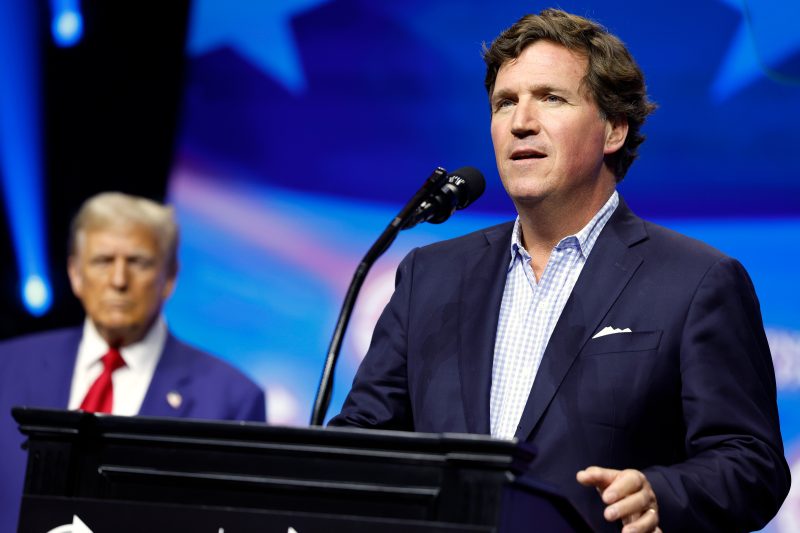
Embattled Social Security watchdog to resign after tumultuous tenure
The Social Security Administration’s inspector general is resigning after five tumultuous years capped by a new draft report by an independent watchdog group that found she tried to obstruct the largest of multiple investigations into her office.
Gail Ennis, a Trump administration appointee who took office in January 2019, announced her departure in an email to her staff of 500 early Friday.
Bipartisan pressure had been building in Congress for President Biden to fire her after reports of falling productivity and morale, complaints of whistleblower retaliation and blowback from her handling of an anti-fraud program run by her office, which is charged with oversight of the agency that distributes retirement benefits to 69 million Americans and monthly disability checks to about 15 million others.
A spokesman for Ennis said the White House had no role in her decision to resign, effective June 29. Michelle Anderson, the assistant inspector for audits and one of Ennis’s top-ranking deputies, will serve as acting inspector general until the White House nominates a permanent replacement.
In her resignation email, Ennis called the inspector general’s office a “vibrant organization” that has become a leader in the watchdog community during her tenure.
Ennis’s departure comes as she faced a second critical finding from a committee of fellow federal watchdogs known as the Council of the Inspectors General on Integrity and Efficiency (CIGIE), which is continuing a broad investigation of her office. That inquiry began after a Washington Post report in 2022 showed how an anti-fraud program run by the office levied escalating penalties that reached hundreds of thousands of dollars on disabled and elderly people accused of disability benefits fraud. The practice had started before Ennis took office, but continued under her tenure.
In March, Justice Department Inspector General Michael Horowitz, whose office is conducting the broader investigation for CIGIE, found that Ennis’s office failed to properly notify some poor and disabled Americans before levying the fines, violating their rights to due process.
Horowitz then notified CIGIE of new findings: that Ennis had attempted to obstruct his investigation by failing to cooperate with investigators, withholding documents and telling some of her staff not to sit for interviews, according to two people familiar with his new draft report, who spoke on the condition of anonymity to discuss the confidential findings. Ennis received a draft of that report in May, people familiar with the process said. It has not yet been made public, and it is not clear whether Ennis has responded to CIGIE. Ennis’s spokesman did not directly respond to the draft report’s findings; the spokesman said her resignation was not prompted by the draft report.
Senate Finance Committee Chairman Ron Wyden (D-Ore.) told Biden in February that he had lost confidence in Ennis, citing numerous performance issues. In a new statement on Friday, he praised her resignation.
“Under her leadership, the Inspector General’s office at Social Security has fallen into disarray, plagued by complaints of a hostile work environment, retaliation against whistleblowers, abysmal staff morale ratings, and falling productivity,” he said.
Ennis had faced increasing performance problems in recent years. The number of completed audits dwindled. Dozens of senior auditors, investigators and other staff quit or retired, many in frustration with what they described to The Post and congressional investigators as her mercurial leadership and lack of focus on the office’s mission.
Multiple law enforcement agents quit or retired after Ennis told employees her staff was monitoring employee computers during the coronavirus pandemic to ensure that the mostly remote workforce was working. Ennis took disciplinary action against several law enforcement agents she cited for poor performance — a charge denied by the agents and their union, the Federal Law Enforcement Officers Association. The group voted “no confidence” in Ennis’s leadership in 2021.
Employee morale has hit a low point in annual surveys of the federal workforce, with the inspector general’s office ranking 430 out of 459 small agencies that fall under larger federal departments in 2023. In 2022, Ennis’s spokeswoman attributed the decline to “normal attrition.” Ennis at the time defended her efforts to boost employee morale.
The anti-fraud program is still being investigated by the Social Security Administration, Wyden’s office and the Office of Special Counsel.



